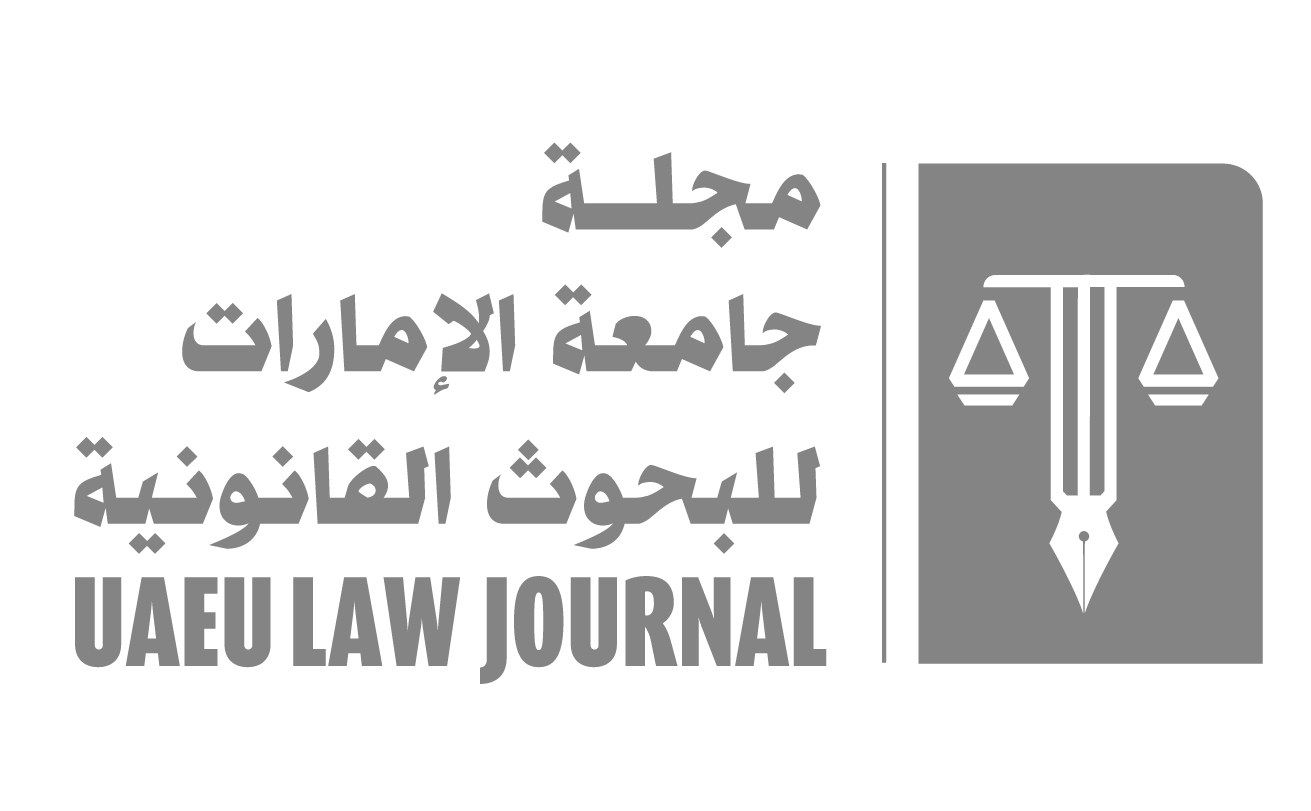
Article Title
Abuse in Directing the Decisive Oath in the Palestinian Evidence Law: A Comparative Study in the Light of Judicial Rulings
Abstract
This study deals with the main axes of arbitrariness in the decisive oath. The first section sought to define the scope that governs the arbitrariness of directing the oath by discussing the views that called for the failure of the oath conditions as arbitrariness, and to conclude that the general theory of arbitrariness is the most appropriate scope that expands To include many cases of arbitrariness by explaining the theory of arbitrariness according to the Majalla, because it expresses the concept of arbitrariness in the oath more accurately. Additionally, it was concluded that the judiciary supervision of arbitrariness in directing the oath either be a public policy when the judiciary can observe Manifestations of abuse, or it might not be a public policy, then becomes a parties jurisdiction To raise the abuse point When the evidences of arbitrariness are latent and cannot be examined by the court through the facts of the case. Furthermore, The study sought within the second section to discuss the largest amount of non-exclusive arbitrariness in the oath , and clarify its controls, Both those derived from the general theory of arbitrariness, as the study tried to return some of the examples to the standards of arbitrariness that appeared in Majalla, or those examples are represented by the failure of the oath conditions according to the opinion that adopted so, thus, the research covers the various common examples, although the study does not agree with the view of considering the failure of the decisive oath conditions as arbitrariness .
Recommended Citation
salameh, mahmoud A. Dr. and Yahya, Ibrahim
(2020)
"Abuse in Directing the Decisive Oath in the Palestinian Evidence Law: A Comparative Study in the Light of Judicial Rulings,"
مجلة جامعة الإمارات للبحوث القانونية UAEU LAW JOURNAL: Vol. 83:
No.
83, Article 7.
Available at:
https://digitalcommons.aaru.edu.jo/sharia_and_law/vol83/iss83/7

